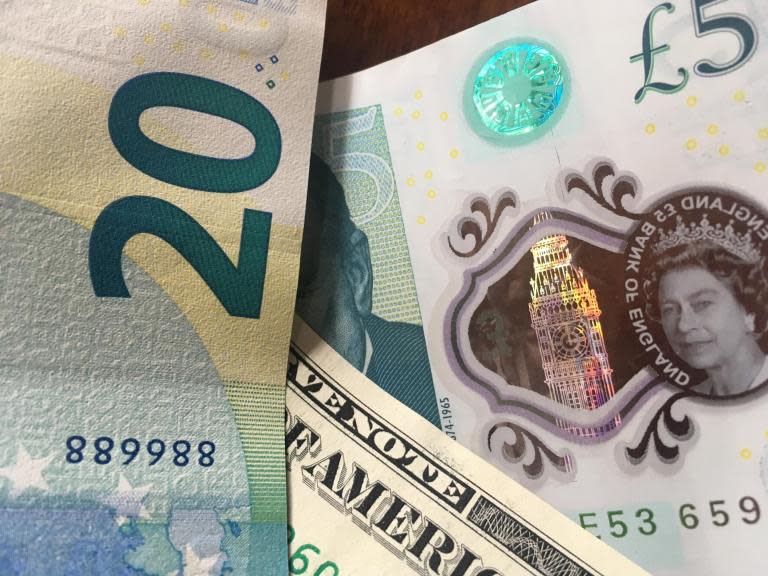Bureaux de Change experiment reveals rip-off rates at UK airports
In the busiest ever summer for outbound travellers from Britain, the atrocious rates offered by airport bureaux de change have been brought into sharp relief.
Research by The Independent shows that a passenger who changes £1,000 into a foreign currency at Gatwick, then immediately changes it back to sterling, will lose a minimum of £297 – enough cash to fly to America and back.
The choice of this transaction was to illustrate the extremely wide “spread” between buying and selling rates. The exercise gives an indication of the profit margins applied at airports.
Most travellers realise that rates at UK airports are poorer than on the high street. But we can now show just how unfavourable they are.
Research was conducted using advertised rates at the main Moneycorp counter airside at Gatwick North Terminal on Saturday. At the time, the midmarket rate for sterling against the euro was around €1.12. But £1 bought less than 95 euro cents at Gatwick.
Buying rates were also highly unfavourable, with Moneycorp asking €1.36 for each pound.
A passenger who exchanged £1,000 to euros and immediately switched back to sterling at these rates would lose £308 on the transaction – ending up with just £692.
For Australian dollars, the cost of the same notional transaction was £358.
The keenest rates were for US dollars, but even then the traveller’s £1,000 “investment” would lose £297 – more than the cost of a low-season return fare from Gatwick to New York.
“Exotic” currencies fared even worse. For the South African rand, the loss was £372.
In central and eastern European destinations, local bureaux de change compete intensely. In Budapest, the “spread” between buying and selling rates is rarely more than 3 per cent, which would result in a loss of £30 on making the £1,000 double transaction.
But at Gatwick, the cost of the same exercise was an astonishing £417.
Travellers to Barbados, served daily from Gatwick on British Airways and Virgin Atlantic, could also fare excessively badly.
The island’s currency is locked to the US dollar at a rate of 2:1. Both American and Barbadian dollars are used interchangeably on the island, so a B$20 round of drinks could be paid for with a US$10 bill.
A traveller who was unaware of the option to take US dollars and instead chose the island’s local currency would lose a further 10 per cent on the deal at the Moneycorp counter at Gatwick, where £1 buys only two Barbadian dollars – or, on the island, US$1.
For transactions of less than £300, Moneycorp also levies a commission charge.
Rates at many other UK airports, and other exchange firms, are similarly unfavourable.
Airport bureaux de change have very high operating costs. They must maintain large stocks of a wide range of currencies and keep long hours. In addition, the airport owner extracts a substantial margin.
Pauline Maguire, head of retail at Moneycorp told The Independent: “The reason for our higher airport rates is the significant cost associated with operating there – from ground rent and additional security to the cost of staffing the bureaux.
“An easy and more cost-effective way for customers to buy travel money is to preorder online and collect at the airport.”
On Saturday Moneycorp was offering €1.09 to £1 online, giving buyers 15 per cent more euros if they order in advance.



